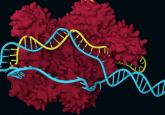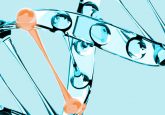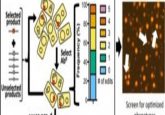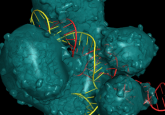Alcohol: encoding addiction
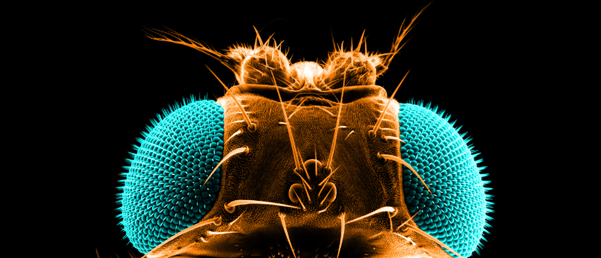
A study in the brains of fruit flies has revealed the alcohol pathway that establishes rewarding memories and cravings.
Recent research conducted at Brown University (RI, USA) and led by Karla Kaun, has uncovered a pathway in the brains of fruit flies that alcohol can interact with, altering the formation of memories and leading to cravings. The research team set out to identify how drugs of abuse create rewarding memories, despite their neurotoxic effects.
A major difficulty in treating addiction is the risk of relapse, even after a substantial period of abstinence from the drug. In order to explore how drugs of abuse establish the powerful, rewarding memories and cravings that play a key role in relapse, Kaun and her team studied the brains of fruit flies, whose avoidance and reward memories are generated by molecular signals that are highly analogous to those in humans.
Using genetic tools the team knocked out specific genes in the fruit flies as they were being taught where to locate alcohol. Observing the response of the flies allowed then to identify which proteins were essential for generating rewarding memories.
The researchers found that the Notch protein, which impacts the signaling cascade involved in the expression of the dopamine-2-like receptor protein (Dop2R), was vital in installing a predilection for alcohol. Alcohol interfered with the pathway, specifically the splicing stage, resulting in the production of a Dop2R with a single amino acid alteration.
“The dopamine-2-like receptor is known to be involved in encoding whether a memory is pleasing or aversive,” explained first author Emily Petruccelli (Southern Illinois University; IL, USA). This indicates that the manipulation of the Dop2R protein by alcohol alters its function in some way to promote the formation of rewarding memories and the development of cravings.
“If this works the same way in humans, one glass of wine is enough to activate the pathway, but it returns to normal within an hour,” hypothesized Kaun. “After three glasses, with an hour break in between, the pathway doesn’t return to normal after 24 hours. We think this persistence is likely what is changing the gene expression in memory circuits.”
The next stage of the research is to study the effects of different drugs of abuse, such as opiates, on these conserved neural pathways and also to investigate if the genes identified as important in the craving development pathway contain polymorphisms in patients with alcohol abuse disorders. With some good fortune, this research could eventually provide an effective target for treatment to alleviate the cravings of recovering addicts for a variety of drugs.
If you have been affected by any of the issues discussed in this article, or know someone who has, you can visit Rehab 4 Addiction for resources and information about addiction and mental health, a helpline and a directory of treatment centers throughout the UK.

